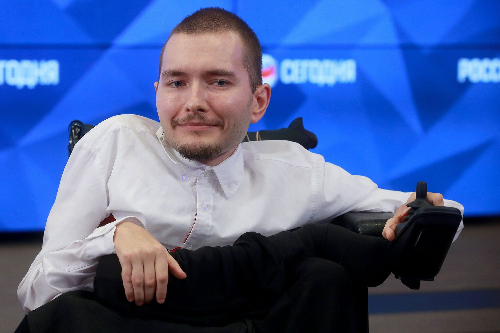In a move that has ignited both hope and a firestorm of controversy, an international team of surgeons led by Italian neurosurgeon Dr. Sergio Canavero has claimed to have successfully completed the world’s first “head transplant” procedure, albeit on a human cadaver. The historic experiment, which took place in 2017 at Harbin Medical University in China, was described as a critical rehearsal for a future operation on a living human being.
Dr. Canavero announced at a press conference that his team, in collaboration with Chinese surgeon Dr. Xiaoping Ren, had successfully reconnected the spinal cord, nerves, and blood vessels of two human corpses. This procedure, which he calls the “Heaven” protocol, is intended to prove that the most difficult part of a head transplant—fusing the severed spinal cords—is now medically possible.
While the details of the 18-hour operation were not immediately released in a peer-reviewed paper, Dr. Canavero said the cadaver test demonstrated that the surgical plan was sound. His claim, however, was met with widespread skepticism and condemnation from the medical and scientific communities.
Critics have called the procedure premature, unethical, and scientifically unfounded. Many neurosurgeons and bioethicists argue that Canavero’s claim of “success” is misleading, as it was performed on a dead body, and the most significant challenges, such as nerve regeneration and the prevention of organ rejection in a living patient, remain unsolved.
The groundbreaking but controversial feat is part of Dr. Canavero’s long-term plan to offer a new lease on life to individuals with untreatable medical conditions, such as degenerative nerve diseases or complete paralysis. The next step, he insists, is an “imminent” transplant on a live patient.
The prospect of a live human head transplant has raised a host of profound ethical questions. The debate centers on not just the medical risks but also the identity of the person who would wake up after such a radical procedure, as well as the ethical implications of using a healthy donor body for a surgery that, even if successful, could lead to unforeseen psychological and physical trauma.







